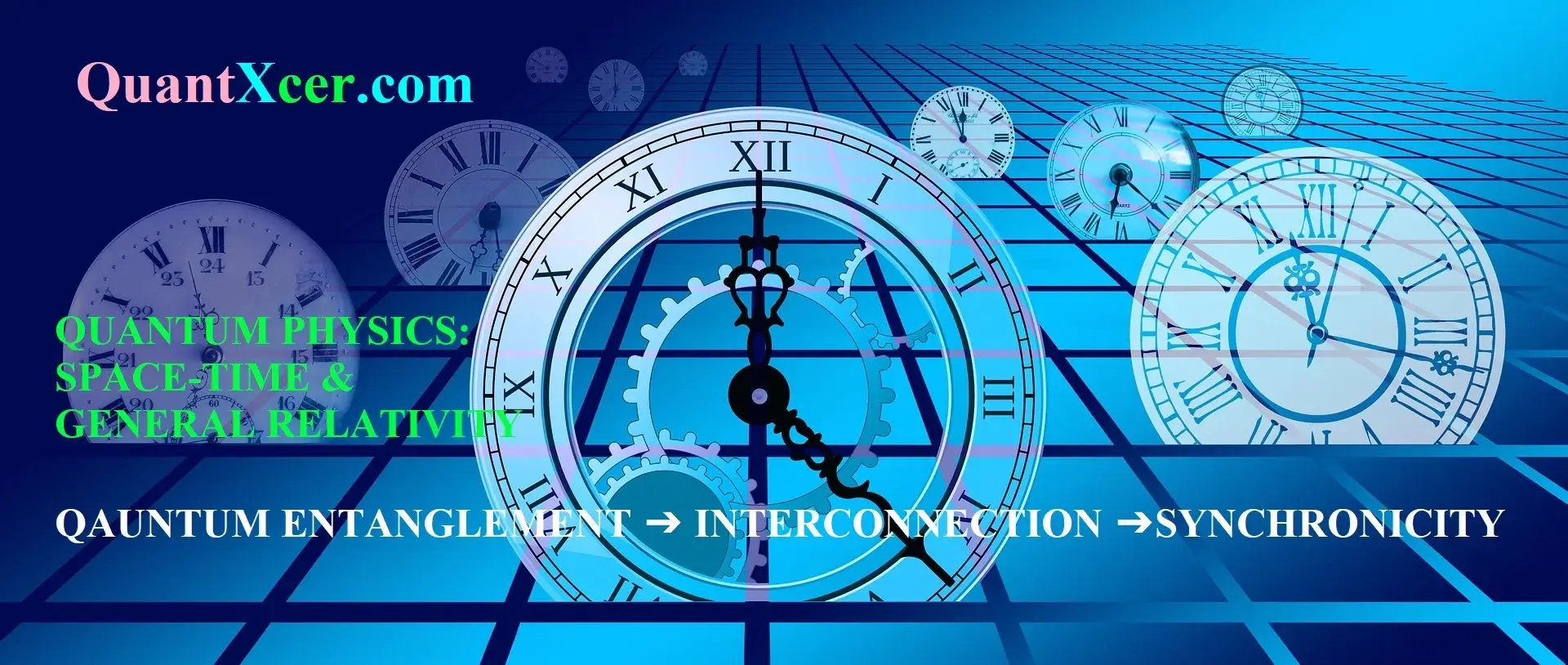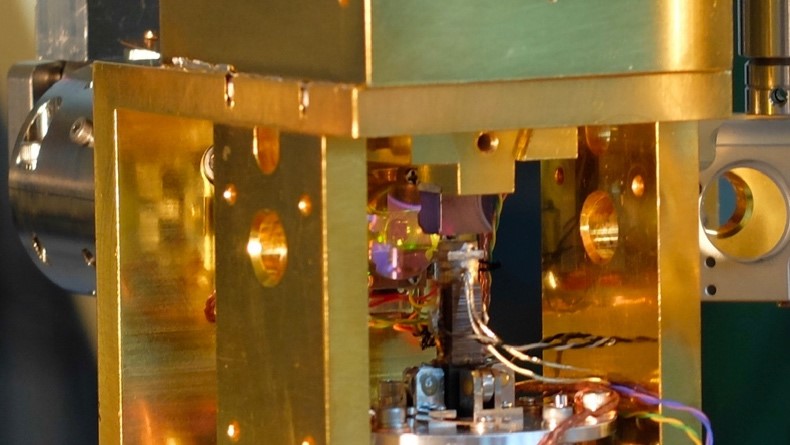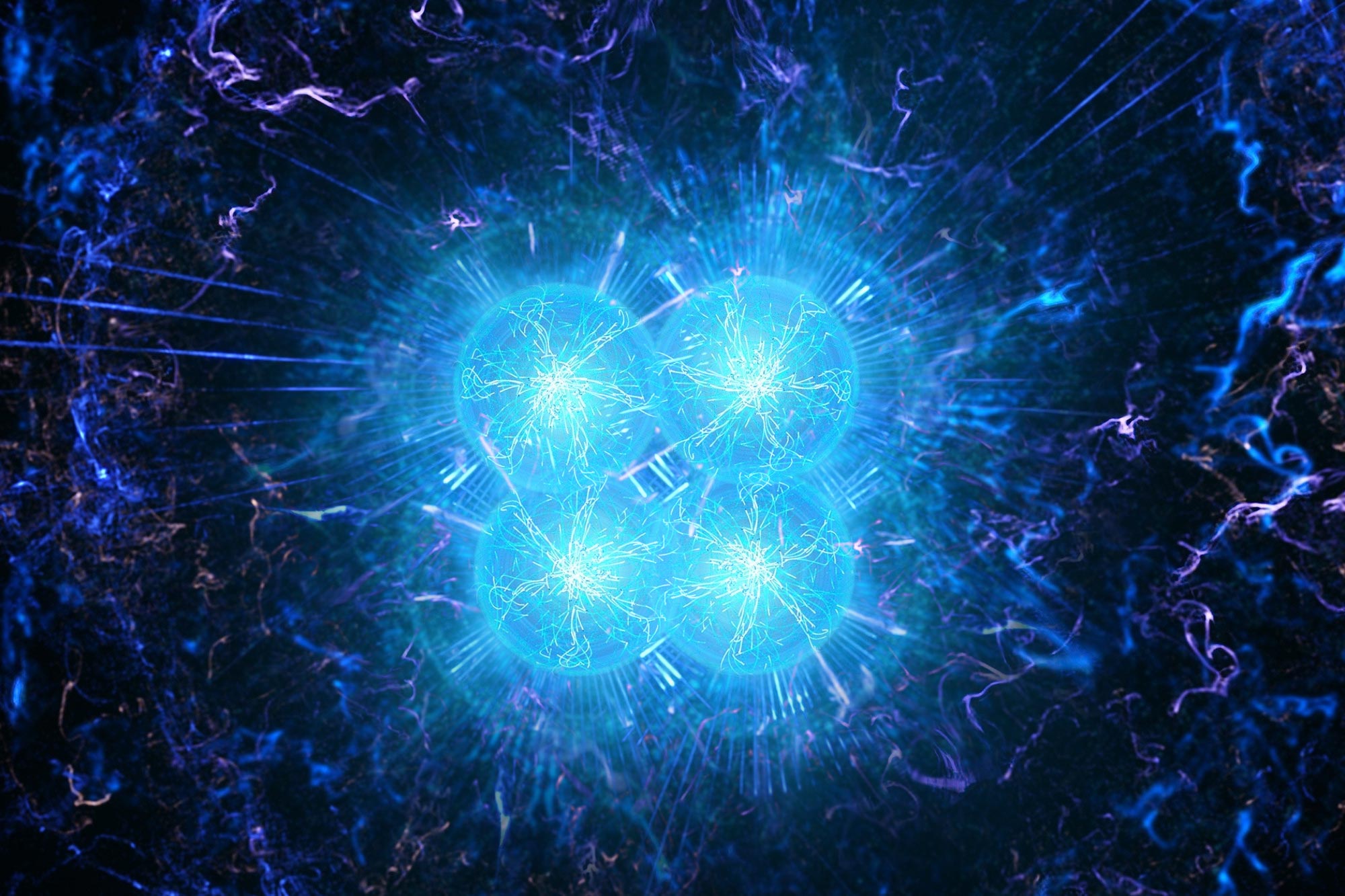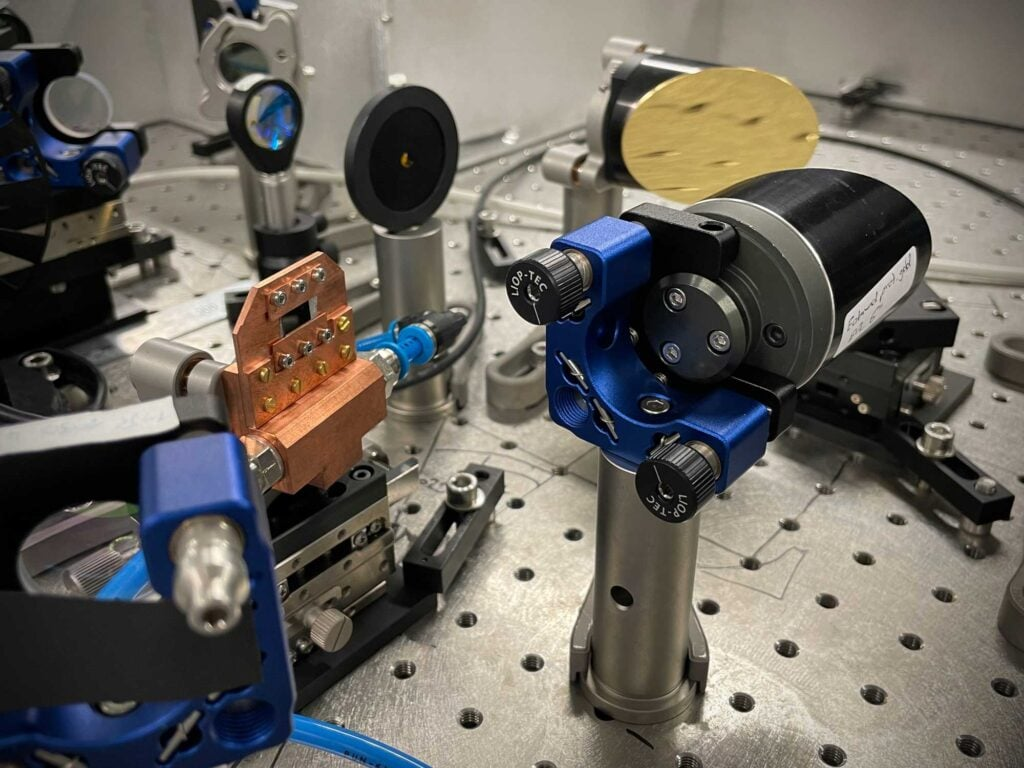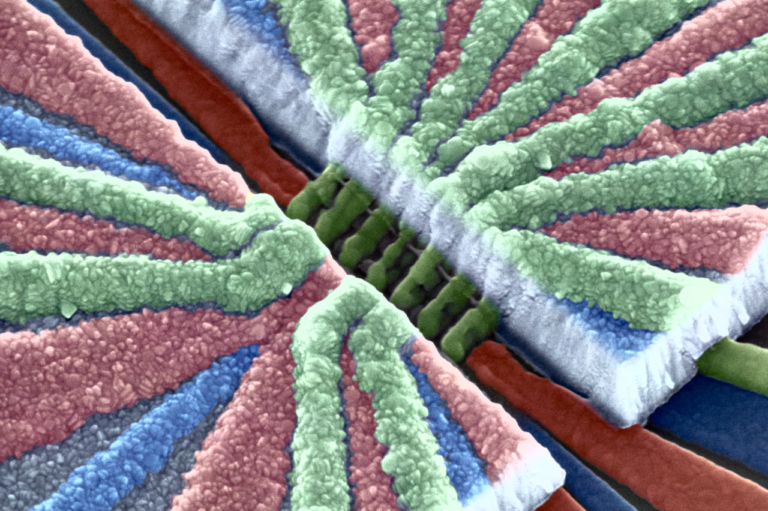IMPROVED BATTERIES AND SOLAR CELLS MAY RESULT FROM A QUANTUM COMPUTING BREAKTHROUGH

Researchers at the University of Bristol, Phasecraft, a quantum start-up, and Google Quantum AI have discovered characteristics of electronic systems that could be utilised to create batteries and solar cells that are more effective.
The research, which was published in Nature Communications, details how the team has made a significant first step in using quantum computers to solve low-energy aspects of tightly coupled electronic systems. They achieved this by creating the first completely scalable technique for monitoring the Fermi-Hubbard model's ground-state features on a quantum computer. Important new understandings about the electrical and magnetic characteristics of materials can be gained using the Fermi-Hubbard model.
